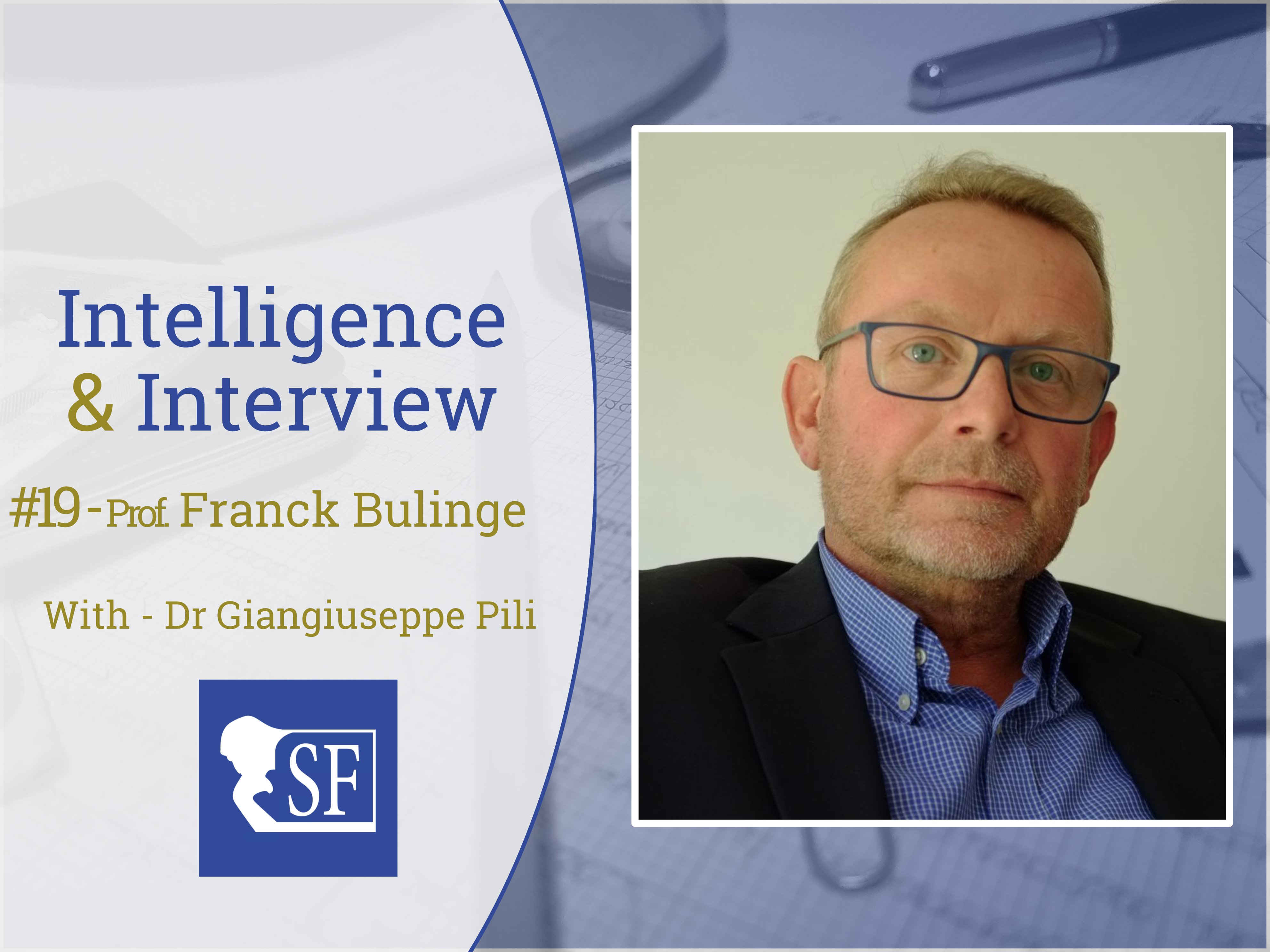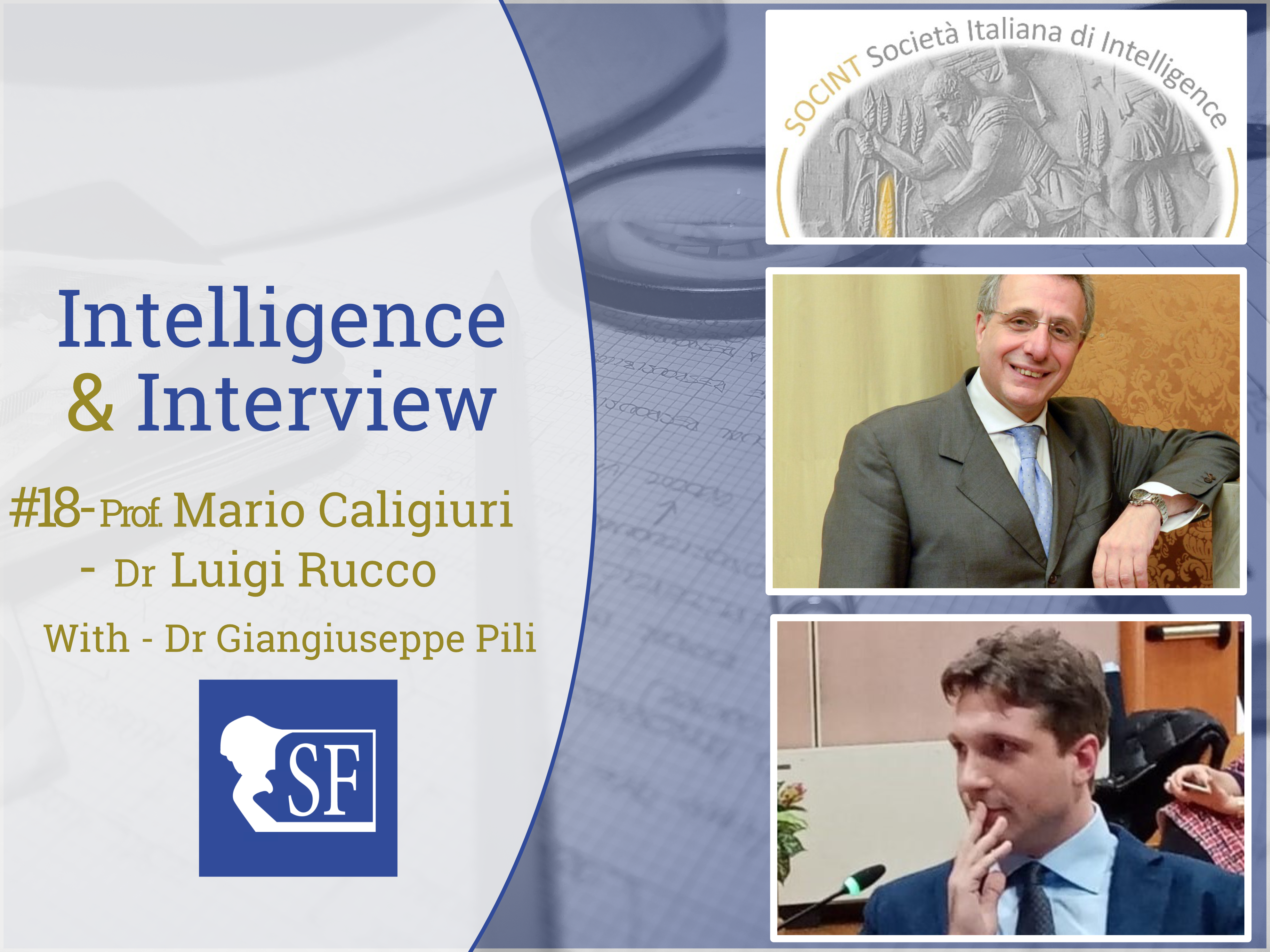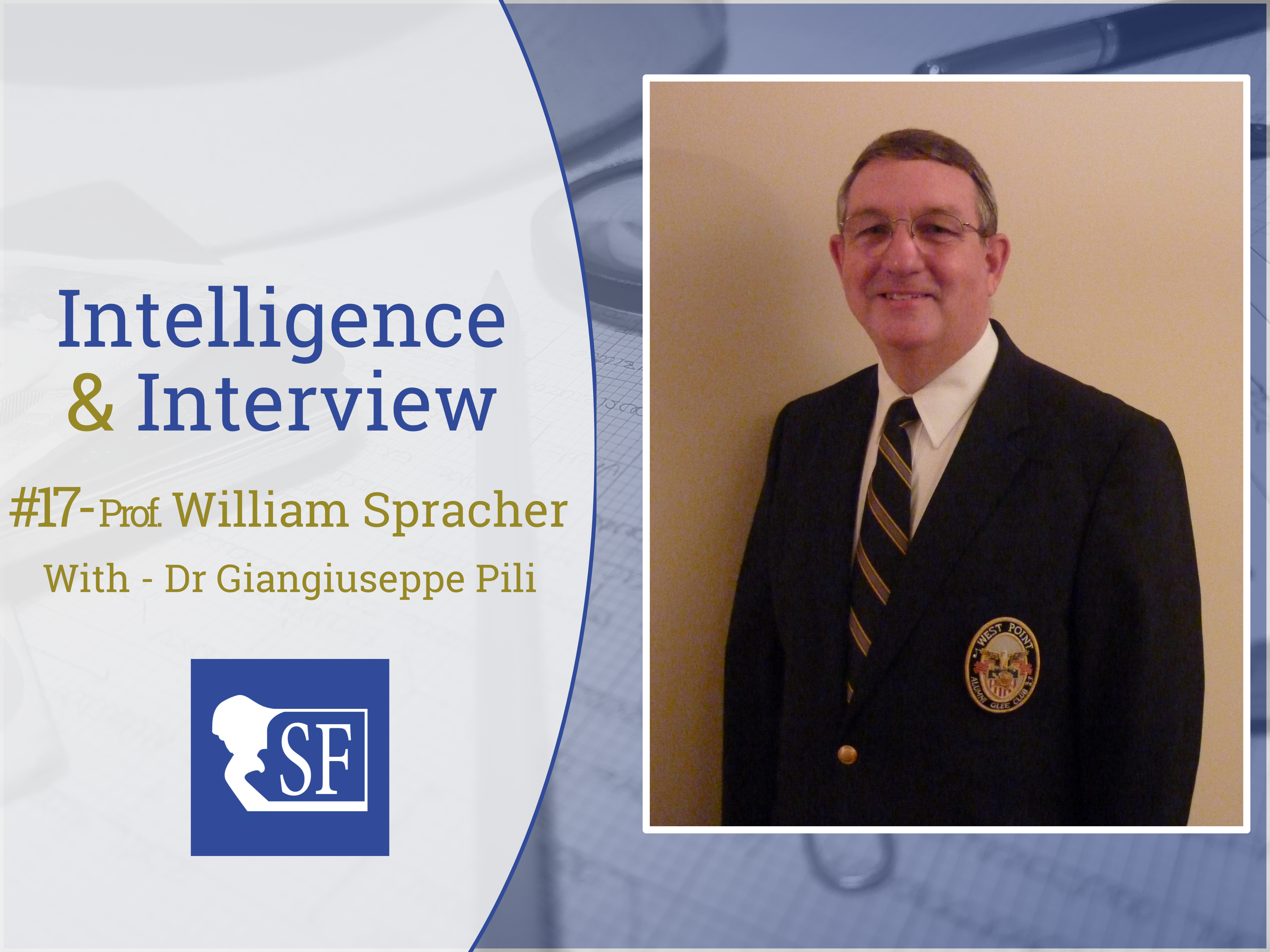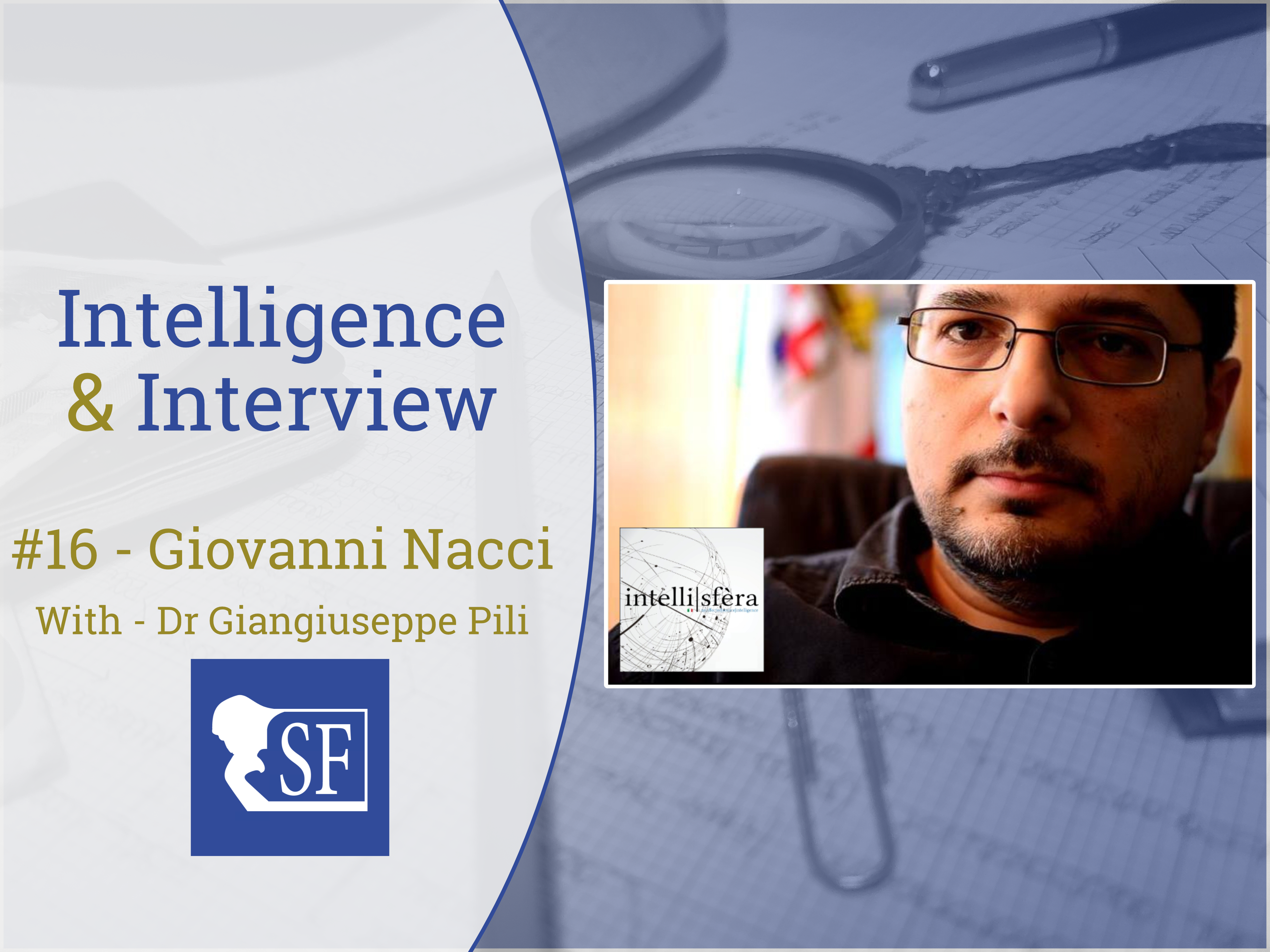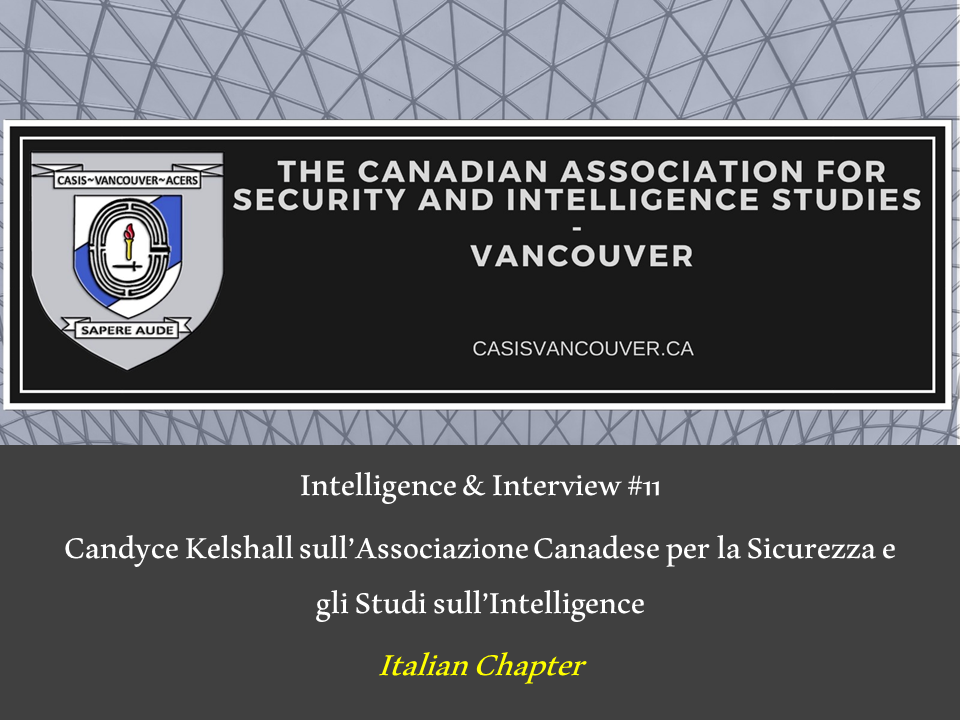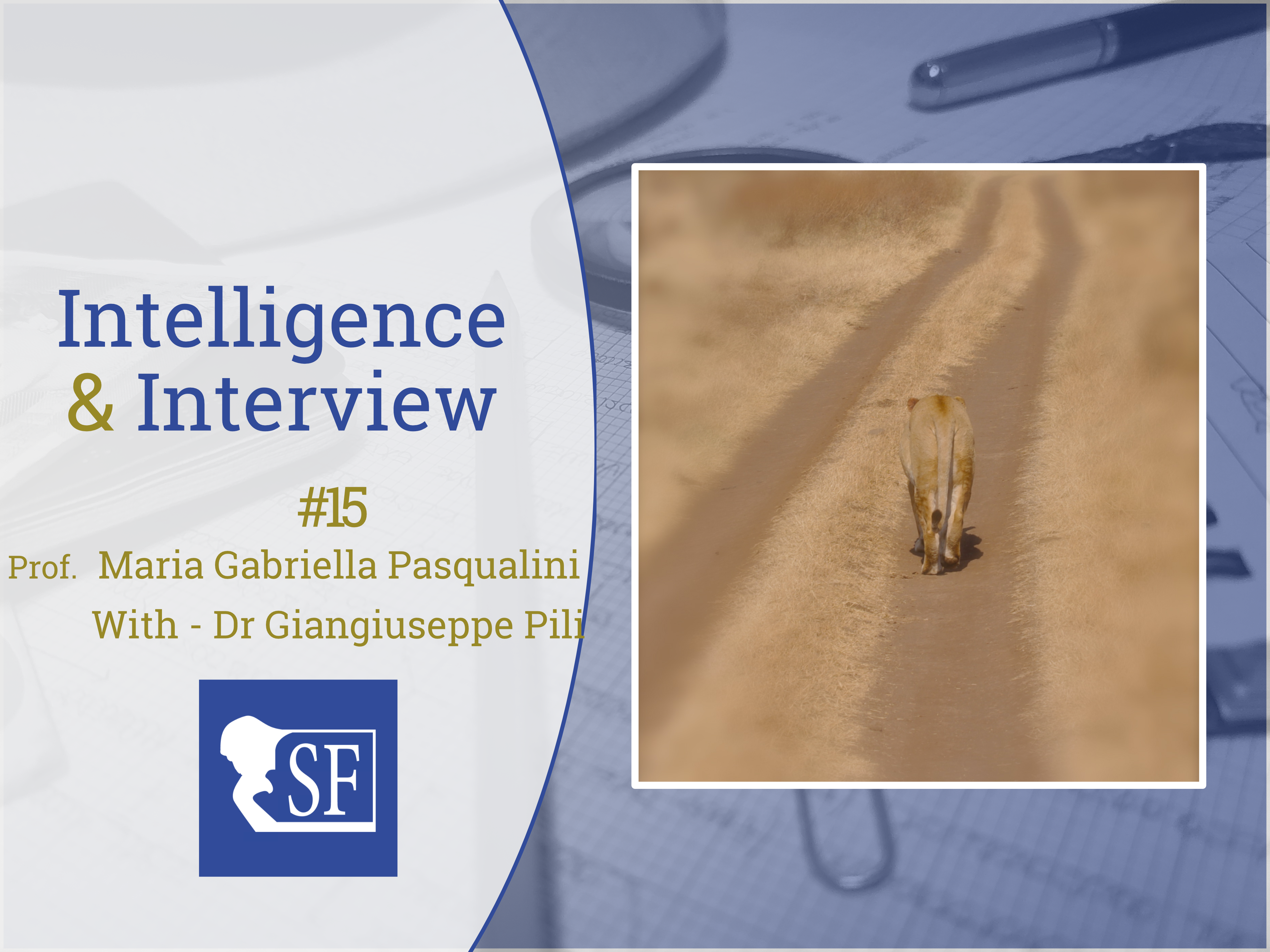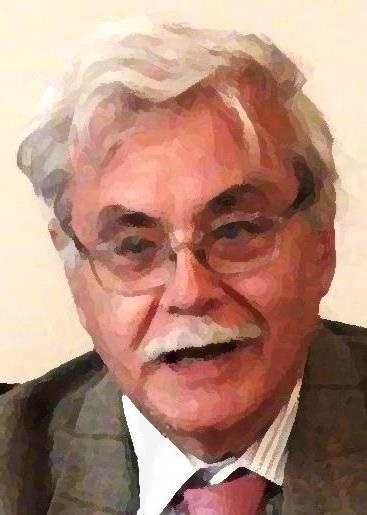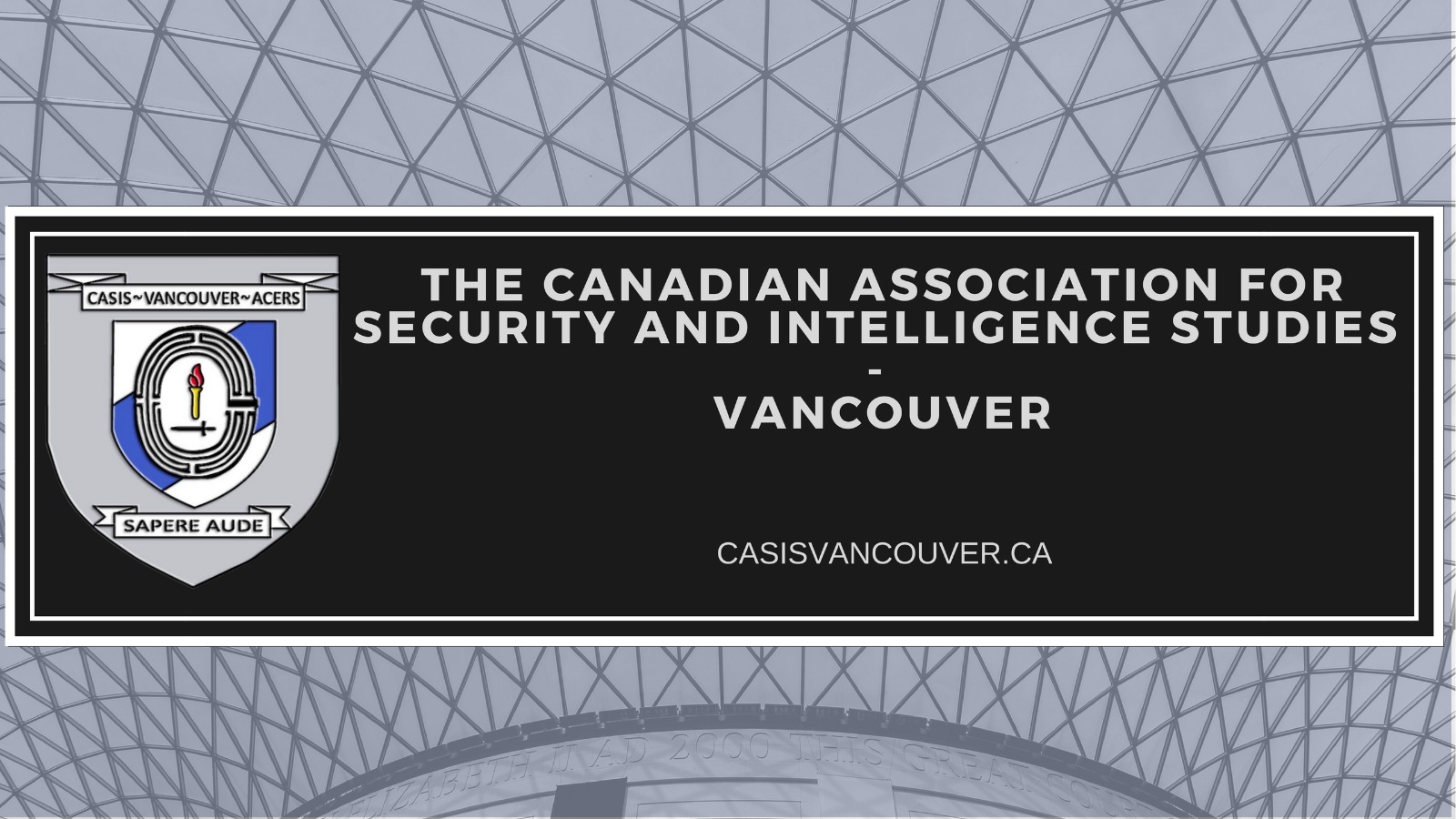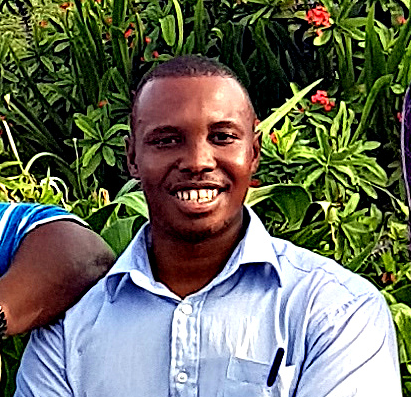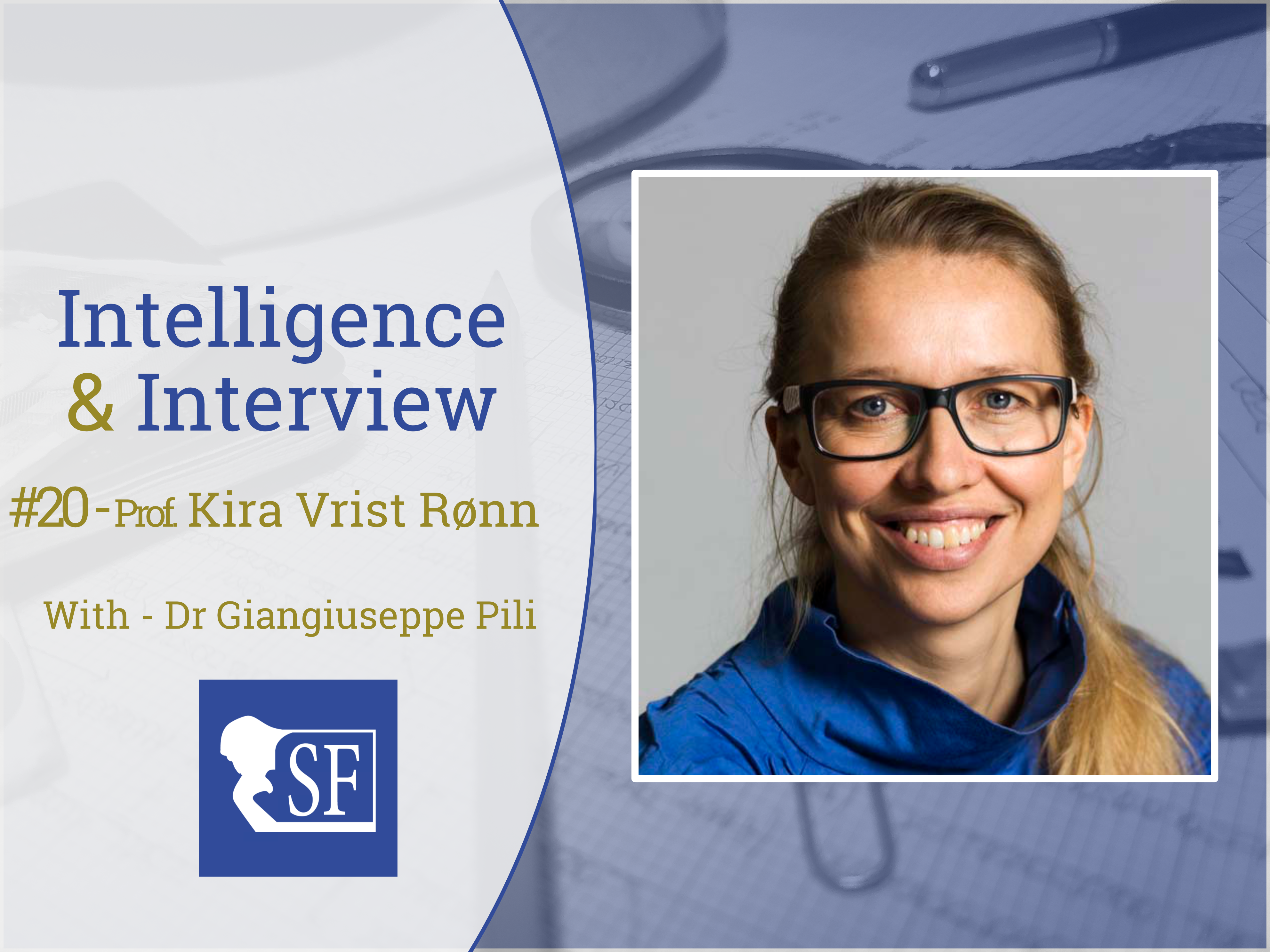
I’m tremendously excited to publish this wonderful interview with Kira Vrist Rønn, senior lecturer at University College Copenhagen. Professor Vrist Rønn published extensively about the philosophy of intelligence. Specifically, she worked on the epistemology of intelligence and intelligence ethics. These two topics are indeed the core of “Intelligence & Interview N.20”. Though practically oriented, the intelligence studies include an important and – I would add – fundamental theoretical component. Intelligence theory is indeed crucial to understand the practical aspects of the intelligence profession. Is objectivity possible in intelligence analysis? What is intelligence? Is intelligence ethics possible, or is it an unbearable oxymoron? Is intelligence an art or a science? To reply to all these questions, we need to bring philosophical concepts to clarify what intelligence is. Professor Vrist Rønn was a pioneer in this research, and she authored and edited several works (see below). Given my long-lasting research interest in both epistemology and ethics of intelligence, I can only be thrilled by publishing this thought-provoking interview. Recently, Intelligence & Interview N.19 already touched on the epistemology of intelligence. But that was a starter, also considering the different main topics of that issue. This interview goes deeper on the epistemology and ethics of intelligence. Then, it is with my distinct pleasure to publish the interview on Scuola Filosofica – for those who don’t know it yet, it is one of the leading cultural blogs in Italy. In the name of Scuola Filosofica Team, our readers, and myself, Giangiuseppe Pili, Kira: thank you!


